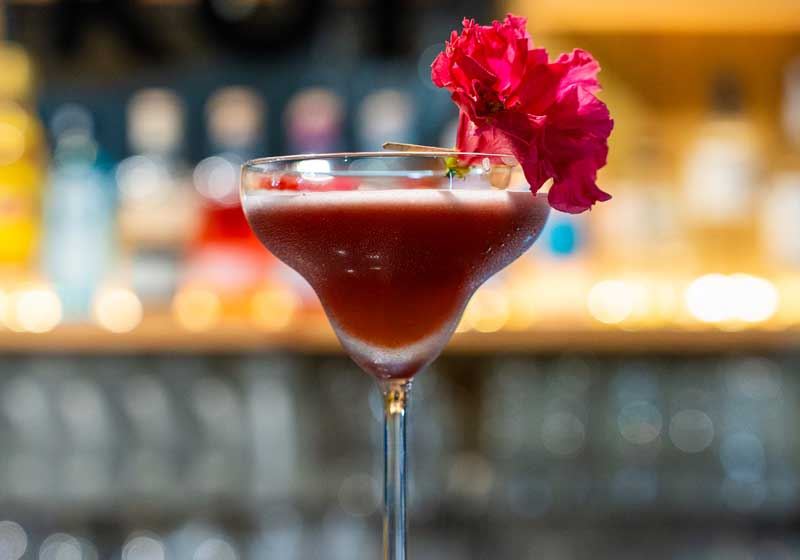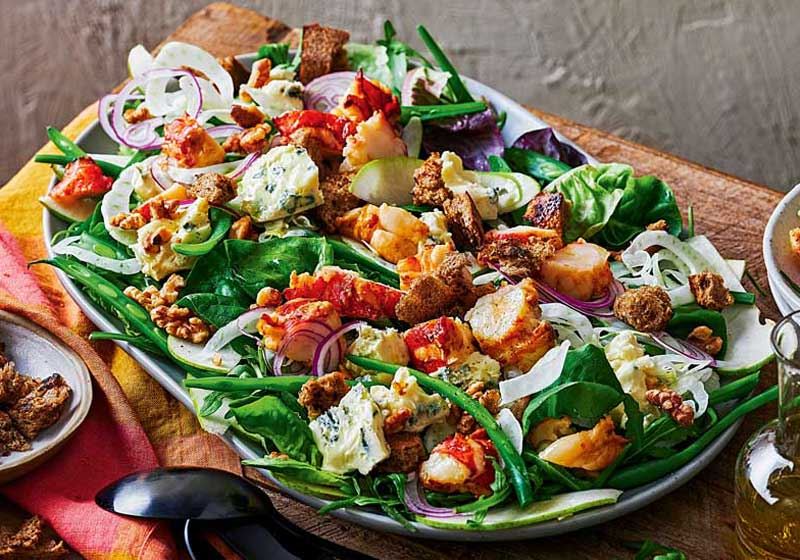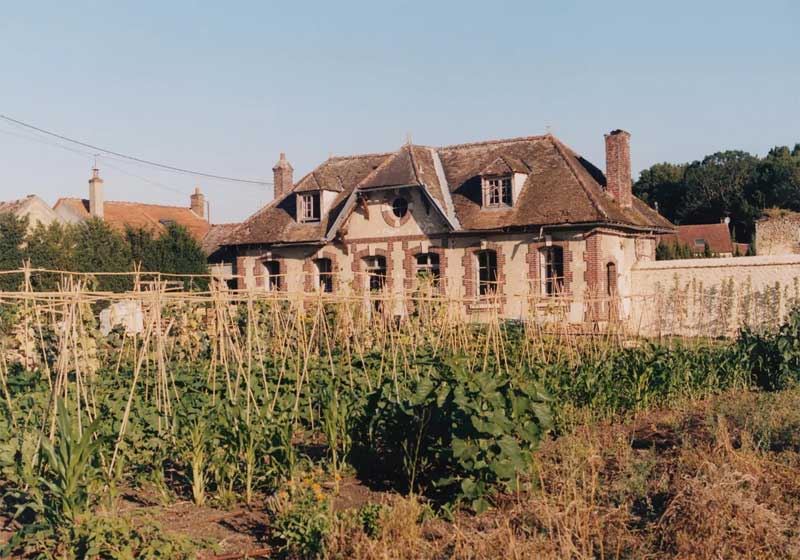By Leigh O’Connor.
Discover an intimate glimpse into Lebanese cuisine through the lens of traditional family-style spreads in the highly anticipated cookbook ‘Sofra’.
As Lebanese diaspora living in Sydney, mother and daughter duo Karima Hazim Chatila and Sivine Tabbouch are the co-founders of the popular immersive cooking school – Sunday Kitchen – and considered Sydney’s foremost in traditional Lebanese cuisine.

The release of their debut cookbook marks the first time Lebanese weekend cooking has been celebrated in a dedicated volume. Written through Karima’s voice and featuring Sivine’s cherished recipes, ‘Sofra’ transcends the usual book format with each chapter presented as a culinary spread.
From village breakfasts to neighbourhood picnics, cultural celebrations and sweet bites, the pair have carefully crafted its contents to reflect the rich tapestry of Lebanese gastronomy. Perfect for home cooks, explore a mix of classic dishes and Sivine’s signature creations with many recipes vegetarian and supported by a detailed preparation list for easy recreation.
Along with treasured recipes, Karima and Sivine share poignant stories of cooking, sharing and identity passed down through generations around the kitchen table.

We have three fantastic recipes to share with our AGFG home cooks:
Serving lamb on a bed of rice is popular all over the Levant, with each region preparing it slightly differently. A longer-grain rice, Sella rice, is usually preferred as it is less starchy and cooks beautifully with the broth, ensuring the grains remain fluffy. Adorning this rice with nuts and currants is really up to your taste. The currants add a refreshing sweetness.
Lebanese families forge a strong allegiance to their butcher, and ours has been the same through three generations. Mum always buys lamb on the bone and asks the butcher to cut the shoulder to fit her casserole dish (Dutch oven) and trim off as much fat as possible. You could adapt the recipe to a small cut of lamb shoulder; or, if you buy meat off the bone, add a lamb shank to the pot.

Slow-cooking on the bone is a common practice in Lebanese cooking and adds a depth of flavour to the nutritious broth, which can be used to cook the rice. Trimming excess fat gives a flavoursome broth that is both light and clear yet rich and layered with flavour. Too much fat will spoil the dish. As she did when we were young, Mum always ladles a few spoons of broth into a bowl with a generous squeeze of lemon juice for us to drink and drizzle over the meat and rice.
If you have access to fresh grape vine leaves, start by removing the stalks carefully. Wash them with cold water, then blanch them in a pot of boiling water for a few minutes, until they turn a khaki colour. Once softened, rinse under cold water and strain. Squeeze any excess water before rolling. For large leaves, cut them in the centre, turn one of the halves towards you, add the stuffing in the middle, fold it over twice before tucking the edges in and roll tightly.
Any leftover fresh leaves can be frozen in an airtight bag for up to a year. Leave to thaw and refresh by blanching in a pot of boiling water. I like to prepare the stuffed vine leaves in stages and freeze them before the day I plan to cook them. This can be done up to a month before.

If you are using preserved leaves bought from a Middle Eastern or Mediterranean grocer, drain and boil them as above for about 6 minutes to soften the leaves and remove any excess salt from the brine.
We like to serve this with a platter of mint, spring onion (scallions), radish and fresh garlic, and eat with plenty of Lebanese bread, dipping the vine leaves into the cold Laban w’ Khyar.
Basma is available in Lebanese sweet shops typically during Ramadan. It reminds me of a vanilla slice, two layers of kataifi pastry baked in ghee until golden and crunchy, sandwiched together with a decadent sweet cream which is an ode to ashta (clotted cream). The elements can be made in advance and assembled on the day, which makes it the perfect entertaining dessert, especially during Ramadan after a long day of fasting.

Through its vibrant storytelling and mouth-watering recipes, ‘Sofra’ serves as an insider’s guide to crafting traditional Lebanese spreads, embodying the joy of sharing meals and the enduring legacy of Karima and Sivine’s family traditions.









